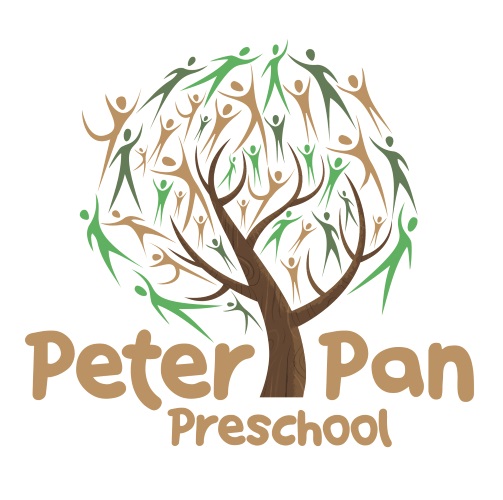Curriculum Philosophy
At Peter Pan Preschool we pride ourselves on taking a holistic approach to teaching and learning. Through relationships with educators, families, children and the community we gain insight into the children’s strengths and interests in order to develop a meaningful learning curriculum. This is achieved through play, as play provides opportunities for children to learn as they discover, create, improvise and imagine. When children play with other children they create social groups, test out ideas, challenge each other’s thinking and build new understandings.
Play provides a supportive environment where children can ask questions, solve problems and engage in critical thinking. Play can expand children’s thinking and enhance their desire to know and to learn. The basis of our curriculum is guided by the National Early Years Learning Framework. Fundamental to this Framework is the view that children’s lives are categorised into three main areas – BELONGING, BEING AND BECOMING.
Belonging:
Knowing where and with whom you belong is integral to human existence. Children belong first to a family, a cultural group, and neighbourhood and a wider community.
Being:
Childhood is a time to be, to seek and make meaning of the world. BEING, recognises the HERE and NOW in children’s lives. The early childhood years are not solely preparation for the future but also about present.
Becoming:
Children’s identities, knowledge, understandings, capacities, skills and relationships change during childhood. They are shaped by many different events and circumstances. BECOMING reflects this process of rapid and significant change that occurs in the early years, as young children learn and grow.
Our aim in developing programs is to assist your child to achieve the five following outcomes direct from the Early Years Learning Framework.
Learning Outcomes:
Children have a strong sense of identity:
Children feel safe, secure and supported
Children develop their emerging autonomy, inter-dependence, resilience and sense of agency
Children develop knowledgeable and confident self identities
Children learn to interact in relation to others with care, empathy and respect
Children have a strong sense of wellbeing:
Children become strong in their social and emotional wellbeing
Children take increasing responsibility for their own health and physical wellbeing
Children are connected with and contribute to their world:
Children develop a sense of belonging to groups and communities and an understanding of the reciprocal rights and responsibilities necessary for active community participation
Children respond to diversity with respect
Children become aware of fairness
Children become socially responsible and show respect for the environment
Children are confident and involved learners:
Children develop dispositions for learning such as curiosity, cooperation, confidence, creativity, commitment, enthusiasm, persistence, imagination and reflexivity
Children develop a range of skills and processes such as problem solving, enquiry, experimentation, hypothesising, researching and investigating
Children transfer and adapt what they have learned from one context to another
Children resource their own learning through connecting with people, place, technologies and natural and processed materials
Children are effective communicators:
Children interact verbally and non-verbally with others for a range of purposes
Children engage with a range of texts and gain meaning from these texts
Children express ideas and make meaning using a range of media
Children being to understand how symbols and pattern systems work
Children use information and communication technologies to access information, investigate ideas and represent thinking

